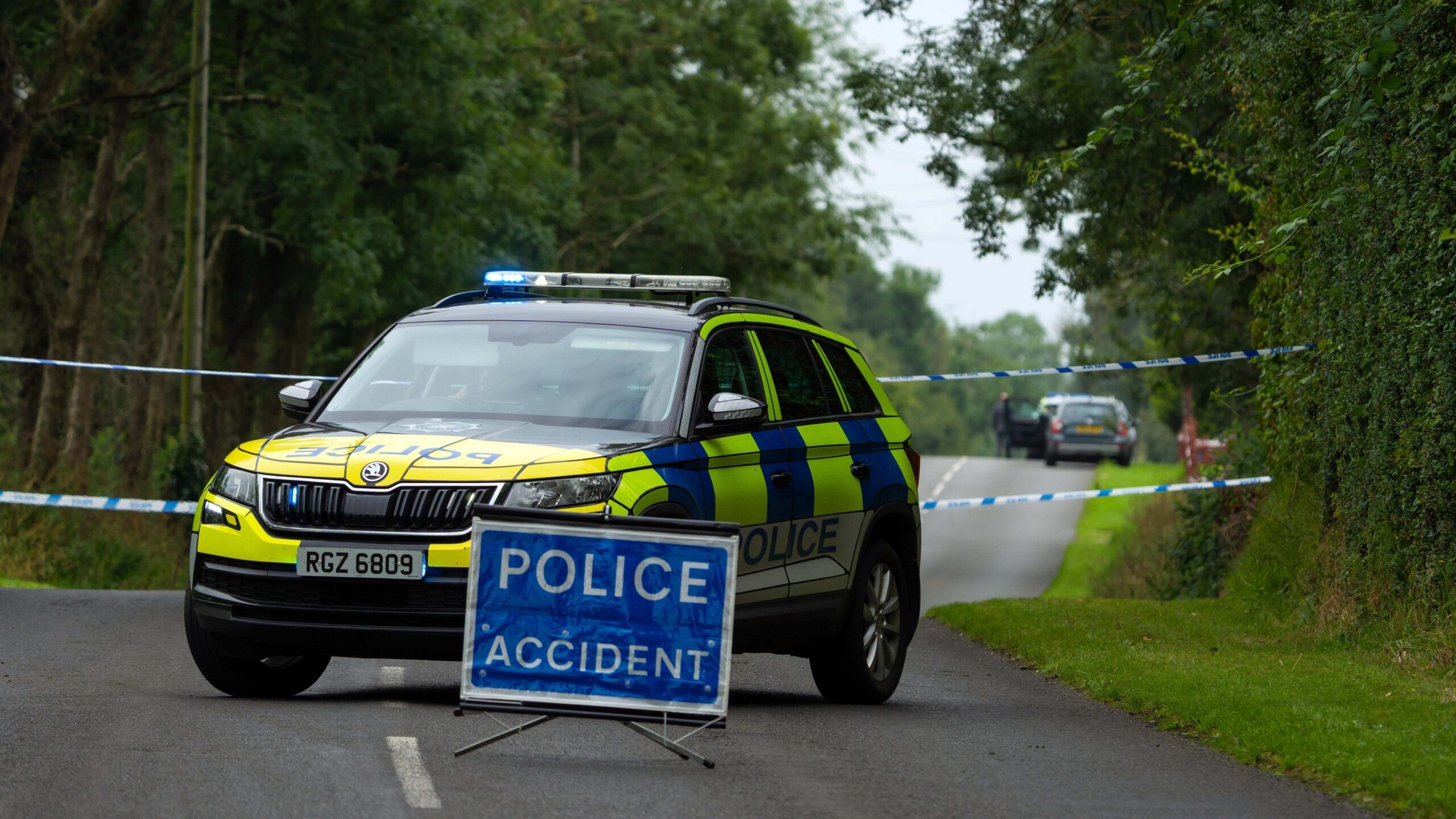Another Family Torn Apart: Northern Ireland’s Grim Record on Violence Against Women
Today, the quiet rural village of Maguiresbridge in County Fermanagh woke to a horror that has become all too familiar in Northern Ireland, a woman and her two children shot dead, the man from the same household now fighting for his life in what police are treating as a triple murder and attempted suicide.
Once again, a home – the very place where one should be safest – has become a crime scene soaked in tragedy.
Police confirmed all four individuals suffered gunshot wounds and were part of the same household. A woman and a child were pronounced dead at the scene, while a second child later died in hospital. A man remains seriously injured.
“fails women at every level – from reporting, to charging, to prosecution”
The violence was swift, devastating, and most heartbreakingly predictable in a place that has earned the horrifying distinction of being the most dangerous region in Western Europe for women.
According to The Femicide Census and figures published by the UK’s Office for National Statistics, women in Northern Ireland are more likely to be murdered by a partner or ex-partner than anywhere else in the UK. A 2022 analysis from the UK Parliament’s Femicide Report shows that nearly 80% of women killed in Northern Ireland between 2007 and 2019 were murdered in their own homes – the vast majority by a man they knew intimately.
A 2021 report by Women’s Aid NI confirmed that one woman is murdered every other month in Northern Ireland, mostly due to domestic violence. In fact, between January 2020 and March 2024, at least 16 women and girls were killed in suspected domestic-related incidents.
It’s not just murder. Over 32,000 domestic abuse incidents were recorded in 2023 alone – the highest on record. That’s almost 90 incidents a day. And these are only the cases reported. Northern Ireland is only 6 counties on this island.
The Most Dangerous Place in Europe
In 2020, research commissioned by the European Institute for Gender Equality (EIGE) identified Northern Ireland as having the lowest conviction rate for domestic and sexual violence in all of Europe. That same year, the UN Special Rapporteur on Violence Against Women highlighted the UK government’s failure to provide adequate protection for women in NI, citing outdated laws, insufficient refuge provision, and systemic inaction.
Women’s Aid CEO Sarah Mason has repeatedly warned that NI’s criminal justice system “fails women at every level – from reporting, to charging, to prosecution.”
How many women and children must be killed before we acknowledge the pattern? This is not “family tragedy” or “domestic incident” – this is femicide. These are acts of terror committed by men against women and children in homes across Northern Ireland.
… and yet, when the news breaks, the language is soft. Euphemistic. Neutral.
We talk about how the community is “stunned” and how the area is “quiet” as though male violence is an unpredictable storm, and not the result of deeply embedded misogyny, poor legal protection, and societal silence.
This was not just a family tragedy.
This was the deliberate annihilation of a woman and her children, most likely by a man who claimed to love them. It follows a long, bloody trail of similar killings, ignored cries for help, and governmental apathy.
Women in Northern Ireland are dying, and they are dying because the systems meant to protect them are failing them.
At the time of writing, the names of the victims have not been released. But their story joins too many others.
If we do not act now, there will be more names. More headlines. More soft language masking unspeakable violence.
This is a state of emergency for women and children in Northern Ireland, and it’s time we treated it that way.
If you or someone you know is experiencing domestic abuse, please reach out to Women’s Aid NI at 0808 802 1414. Help is available.
Please visit our website also, for numbers to all Supports & Help HERE
Subscribe to The FEMCAST and help us bring these critical stories to light. Each listener, each voice, and each story makes a difference. Together, we can break the silence.
If you enjoy our content and would like to support our research and work, consider buying me a coffee (by clicking links below). Your contribution helps me continue creating this content. Thank you for your support!







